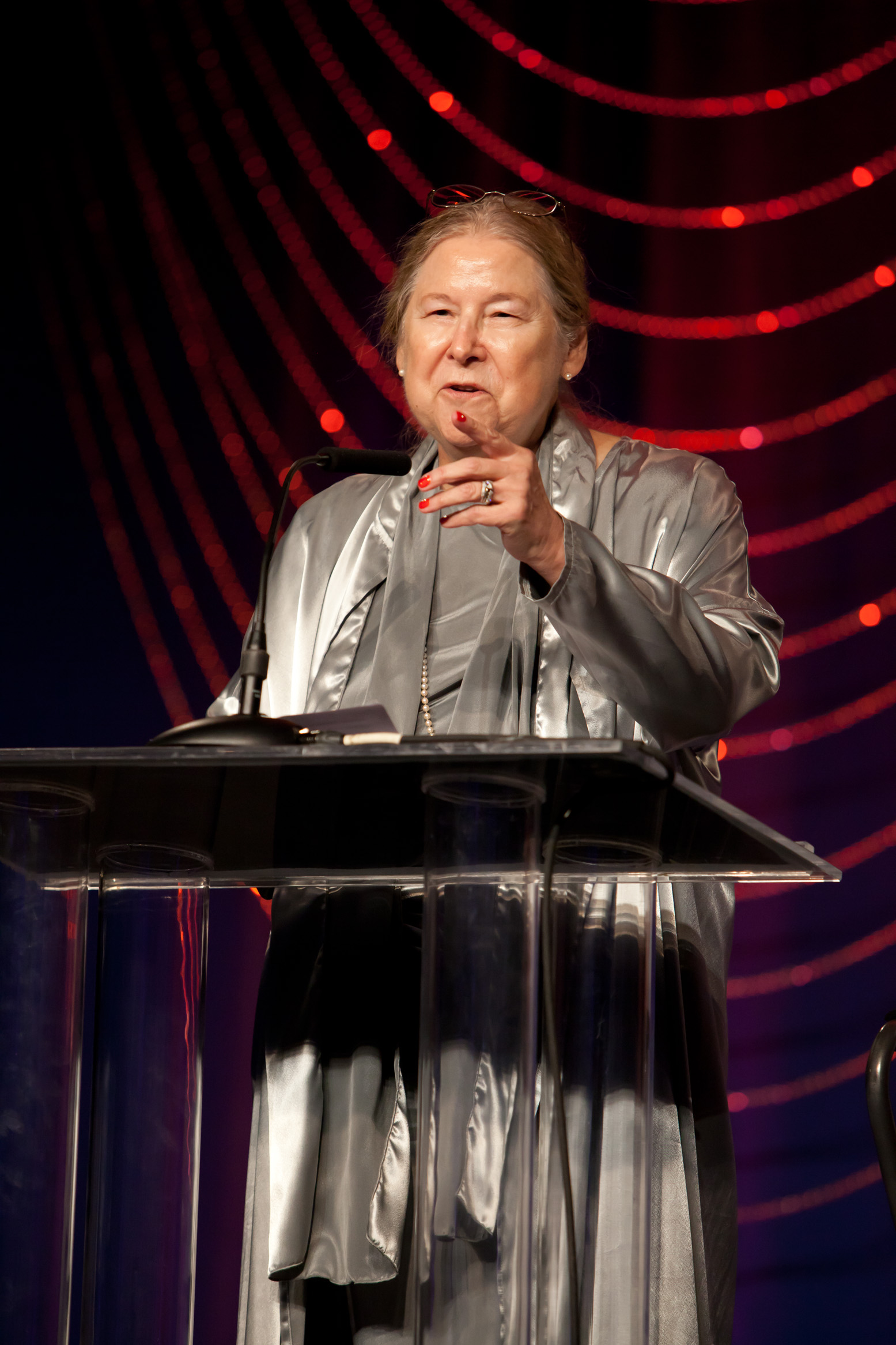God With Us
“And the Word became flesh and lived among us.” John 1:14
I have used so many meaningful books to prepare for Christmas during the Advent season each year. I keep returning to God With Us, Rediscovering the Meaning of Christmas first published in 2007 by Paraclete Press and edited by Greg Pennoyer and Gregory Wolfe. There are scripture readings, essays by six well-known religious authors, and prayers, but what I most connect to are the paintings with each reading. Some days I only find time to look at the illustrations and say the prayer, but they both seem to stay with me. Eugene Peterson explains it in the introduction. “Over and over again they (artists) rescue us from a life in which the wonder has leaked out.”
Other days I read everything including special essays about the meaning of the feast day of that week. I especially enjoy the readings during the twelve days of Christmas when the pace has slowed down and there is more time to digest what this smorgasbord feast of word and art presents to us. The book is now in paperback without the pictures, but if you can find the hardback, treasure it.
Joanna joannaseibert.com


